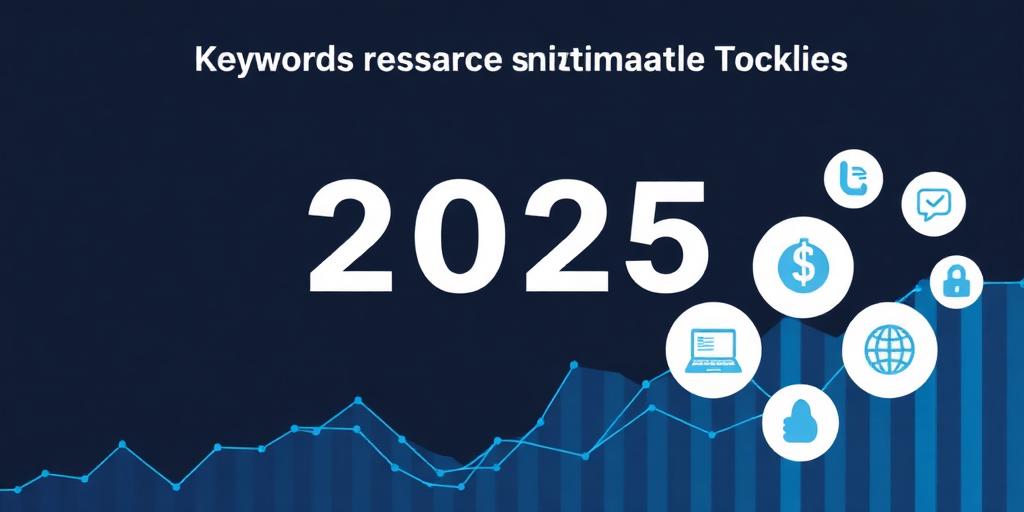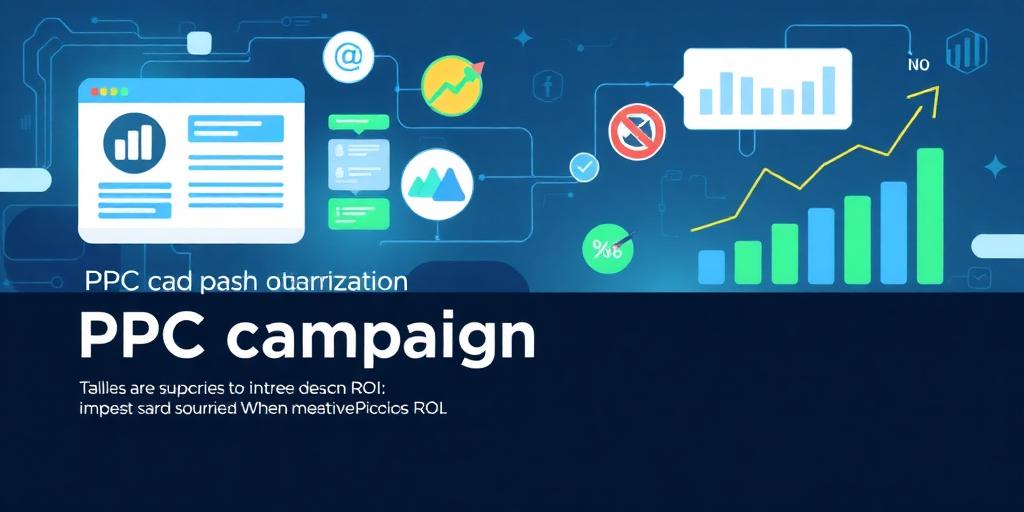Top Keyword Research Tools for 2025: A Definitive Guide
In the ever-evolving landscape of digital marketing, keyword research remains a cornerstone of SEO strategy. As we look ahead to 2025, the tools and techniques required to identify and leverage valuable keywords are becoming increasingly sophisticated. This guide provides an in-depth look at the top keyword research tools poised to dominate in 2025, helping you stay ahead of the curve and maximize your online visibility.
Why Keyword Research Matters in 2025
Before diving into the tools, it's crucial to understand why keyword research continues to be a critical component of any successful SEO strategy. Effective keyword research enables you to:
- Understand Search Intent: Uncover what your target audience is searching for and the intent behind their queries.
- Optimize Content: Create content that aligns with user search intent, improving your chances of ranking higher in search engine results pages (SERPs).
- Identify Opportunities: Discover new keyword opportunities to expand your reach and attract a wider audience.
- Improve ROI: Focus your marketing efforts on keywords that drive the most qualified traffic and conversions.
Top Keyword Research Tools for 2025
1. Semrush
Semrush remains a top contender in the keyword research arena, offering a comprehensive suite of tools for keyword analysis, competitor research, and rank tracking. Its capabilities extend to:
- Keyword Magic Tool: Generates thousands of keyword ideas based on a seed keyword.
- Position Tracking: Monitors your website's ranking for target keywords.
- Competitor Analysis: Identifies the keywords your competitors are ranking for and their strategies.
- SEO Writing Assistant: Provides real-time recommendations for optimizing your content.
2. Ahrefs
Ahrefs is another industry-leading tool renowned for its robust backlink analysis and keyword research capabilities. Key features include:
- Keywords Explorer: Delivers detailed metrics for millions of keywords, including search volume, keyword difficulty, and traffic potential.
- Site Explorer: Analyzes your website's backlink profile and identifies opportunities for link building.
- Content Explorer: Discovers top-performing content in your niche.
- Rank Tracker: Monitors your keyword rankings over time.
3. Moz Keyword Explorer
Moz Keyword Explorer offers a user-friendly interface and a unique set of metrics to help you identify the best keyword opportunities. Its notable features include:
- Keyword Difficulty Score: Estimates how difficult it will be to rank for a specific keyword.
- Organic CTR Score: Predicts the click-through rate you can expect from organic search results.
- Priority Score: Combines search volume, difficulty, and opportunity into a single metric to help you prioritize keywords.
4. Google Keyword Planner
Google Keyword Planner is a free tool offered by Google Ads, making it an accessible option for beginners. While it may not offer the same depth of analysis as paid tools, it provides valuable insights into:
- Keyword Ideas: Generates keyword suggestions based on your seed keywords and target audience.
- Search Volume Data: Provides monthly search volume data for your target keywords.
- Competition Analysis: Assesses the level of competition for your target keywords in paid search.
5. Surfer SEO
Surfer SEO focuses on content optimization, helping you create content that ranks higher in search results. Its key features include:
- Content Editor: Provides real-time recommendations for optimizing your content based on top-ranking pages.
- Keyword Research: Identifies relevant keywords and their search volume.
- SERP Analyzer: Analyzes the top-ranking pages for your target keywords to identify ranking factors.
Leveraging Long-Tail Keywords
In 2025, long-tail keywords will continue to play a crucial role in SEO strategy. Long-tail keywords are longer, more specific phrases that target niche audiences and address specific search intents. By targeting long-tail keywords, you can:
- Attract Highly Qualified Traffic: Reach users who are actively searching for specific information or products.
- Reduce Competition: Rank for keywords that are less competitive than broad, generic terms.
- Improve Conversion Rates: Target users who are further along in the buying process.
Best Practices for Keyword Research in 2025
To maximize the effectiveness of your keyword research efforts in 2025, consider the following best practices:
- Focus on User Intent: Understand the intent behind your target keywords and create content that aligns with user needs.
- Prioritize Mobile Optimization: Ensure your website and content are optimized for mobile devices.
- Monitor Your Rankings: Track your keyword rankings over time and adjust your strategy as needed.
- Stay Updated: Keep abreast of the latest trends and algorithm updates in the world of SEO.
Conclusion
As we move closer to 2025, keyword research will remain a vital aspect of any successful digital marketing strategy. By leveraging the top keyword research tools and following best practices, you can gain a competitive edge and drive more organic traffic to your website. Staying informed and adapting to the evolving SEO landscape is essential for maintaining and improving your online presence.









